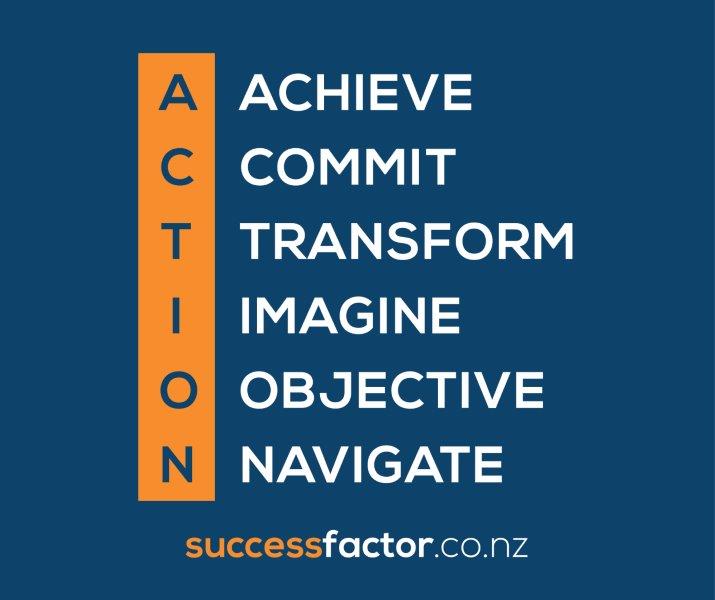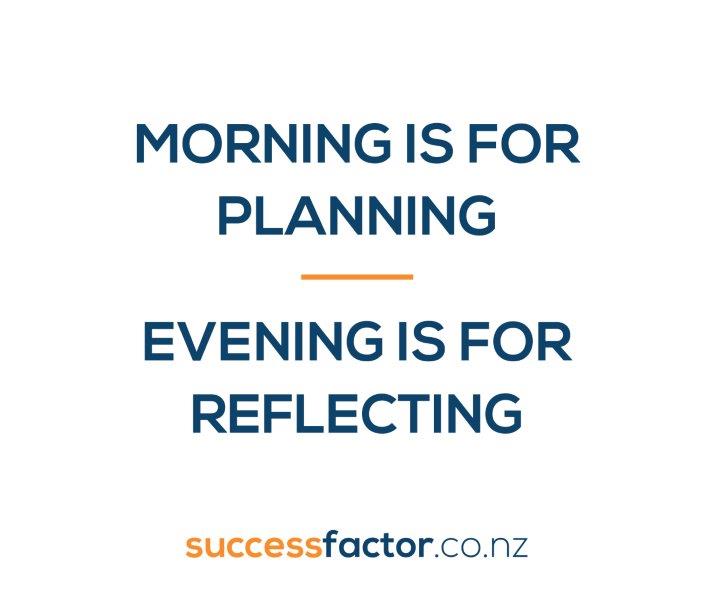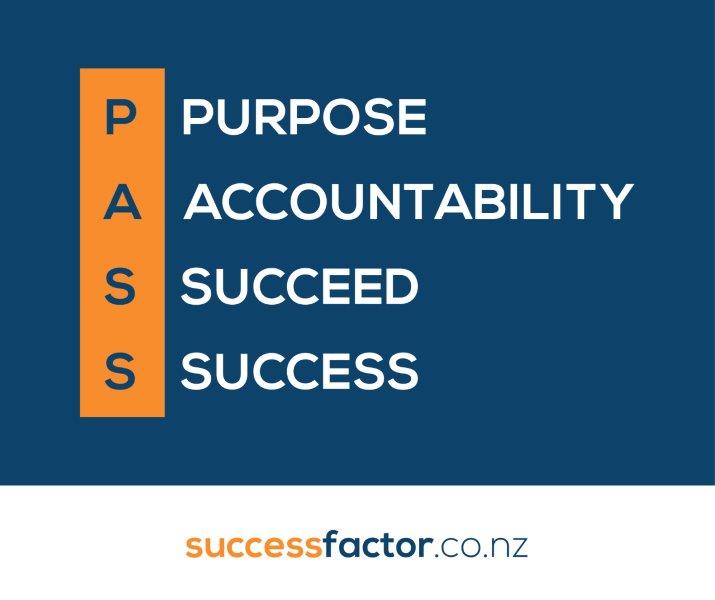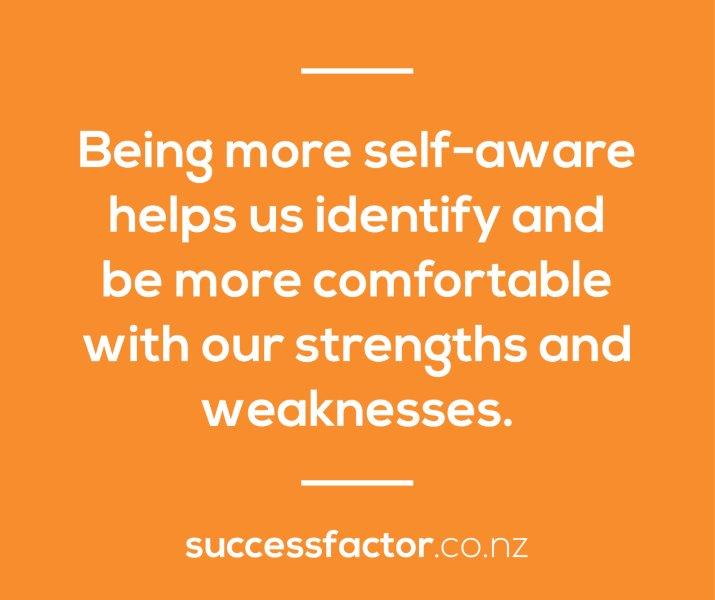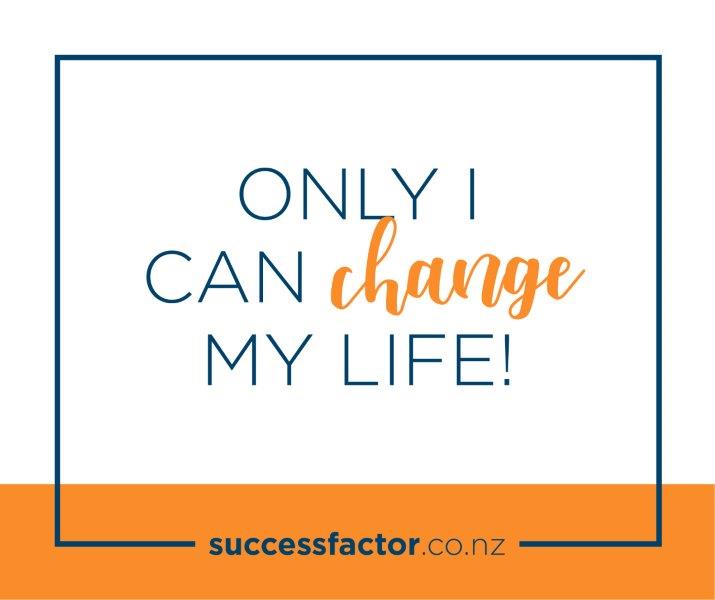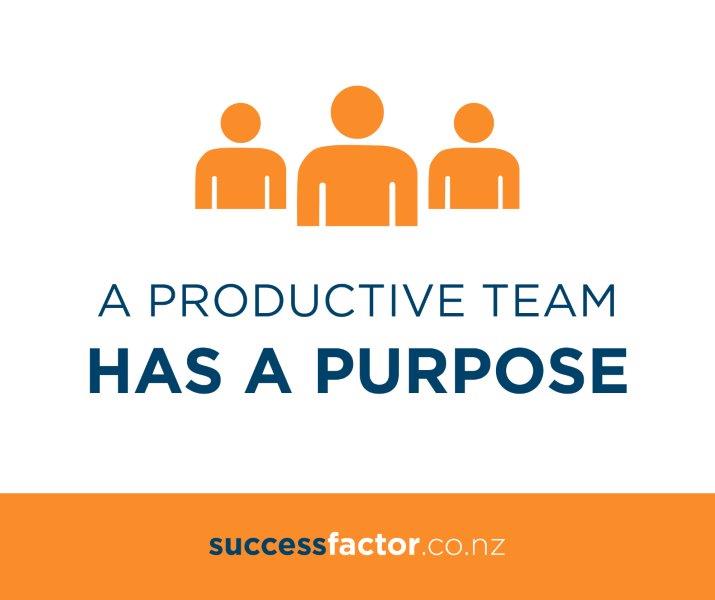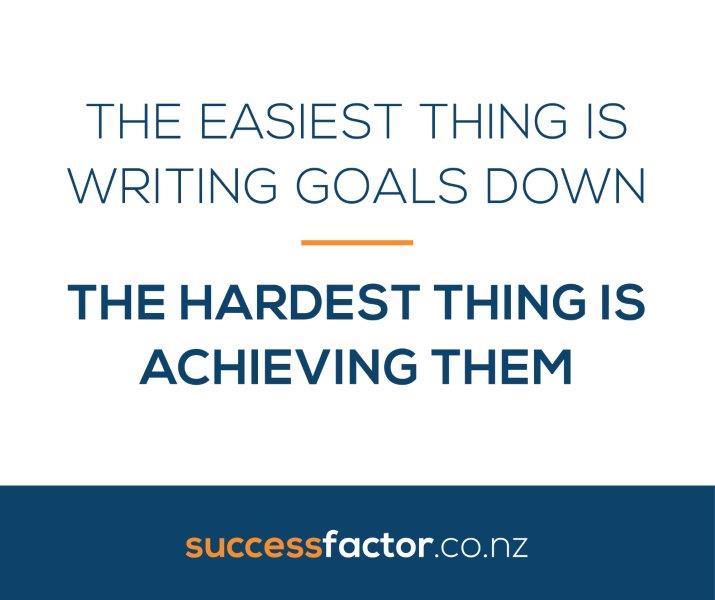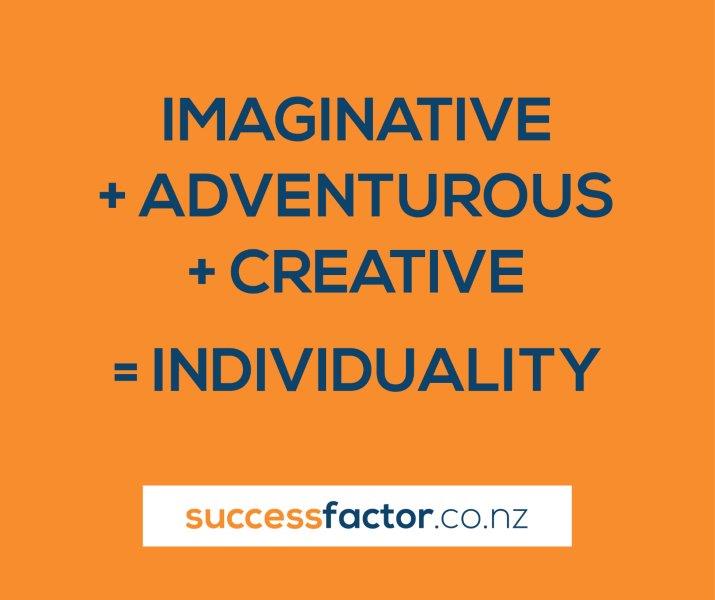Increasing Confidence and Moving Outside Your Comfort Zone
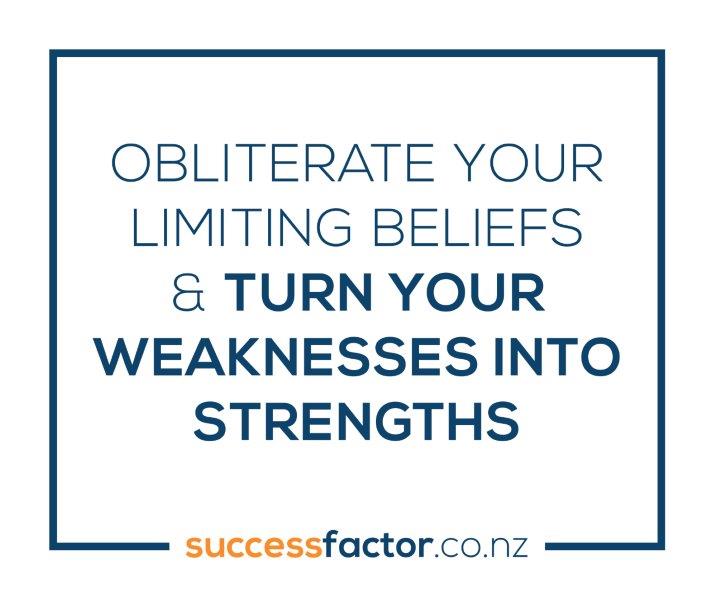
Confidence plays a significant role in our ability to take ourselves out of our comfort zone. It acts as a catalyst that propels us forward, enabling personal growth, new experiences, and the pursuit of our goals. However, lack of confidence can hinder our progress, making it difficult to step outside familiar boundaries and explore the unknown. Understanding the impact of confidence on our comfort zones is crucial to unlocking our potential and embracing new challenges. When we lack confidence, we tend to feel safer within our comfort zones. These zones represent the familiar, where we feel in control and have a sense of security. Stepping outside of them means venturing into unfamiliar territory, where uncertainty and potential failure await. Without confidence, the fear of failure can overshadow any desire for personal growth and prevent us from taking risks. Confidence empowers us to overcome the fear of the unknown. It enables


